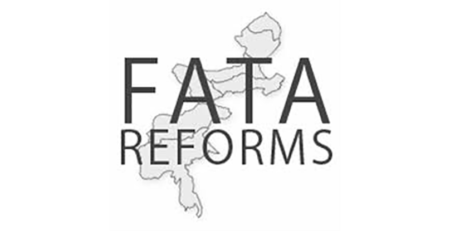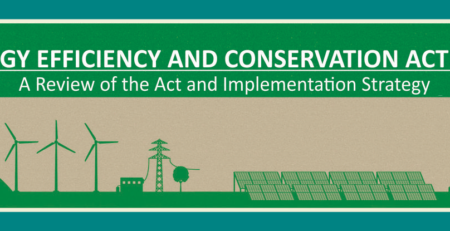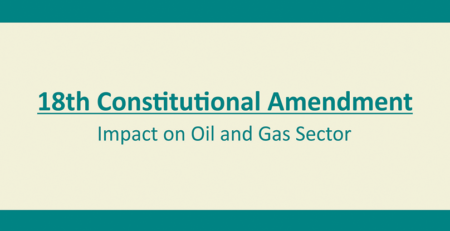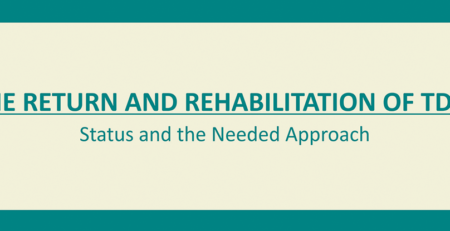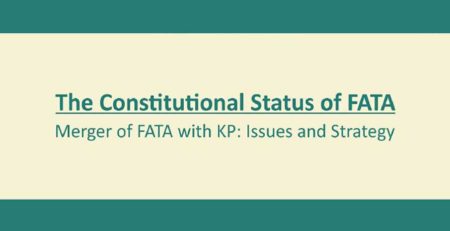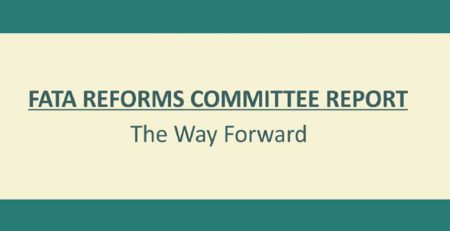Should Pakistan Abolish or Retain Capital Punishment?
The Death Penalty in Pakistan
In Pakistan, capital punishment is prescribed for 27 different crimes, which include various forms of intentional murder,[68] treason,[69] blasphemy,[70] kidnapping or abduction,[71] rape,[72] procuration[73] and importation[74] for prostitution, assault on modesty of woman and stripping of her cloths,[75] drug smuggling,[76] arms trading,[77] and sabotage of the railway system.[78]
In the current legal system, any move to abolish or even abandon the death sentence would certainly be a breach of the constitution. The Constitution of the Islamic Republic of Pakistan expressly declares that no law shall be enacted that is repugnant to the injunctions of Islam as laid down in the Holy Qur’an and the Sunna.[79] It is precisely for this reason that the Supreme Court of Pakistan had to intervene and question the legitimacy of the federal government’s move for commutation of death sentences.
Ironically, the Ministry of Law too had initially advised the Prime Minister (in July/August 2008) against the commutation, advising that the proposal to pardon or commute the death penalty awarded to 7,000 civilians to life imprisonment would be a violation of Islamic law, contrary to the rulings of the Supreme Court, and in disregard of the grief and agony of those whose loved ones had been murdered.[80]
It is also highly intriguing that, at the same time that the government was weighing the option of abolishing the death penalty, the President of Pakistan saw fit to promulgate the Prevention of Electronic Crimes Ordinance on November 6, in which “cyber terrorism” was made a capital crime.[81] This stark contradiction in the government’s stance suggests that the idea of outlawing the death penalty is not its own but has been transplanted in Pakistan.
Public opinion in Pakistani society is heavily in favor of the death penalty and this fact is acknowledged even by those who support abolition.[82] Any contrary move is, therefore, bound to generate controversy, displeasure and censure. It is, however, suggested that the death penalty be prescribed only for the gravest of crimes. In this, the government may be guided by the principle enunciated by the Prophet of Islam (peace be upon him) that the blood of a Muslim cannot be shed except in three cases: in qisas for murder, for illegal sexual intercourse committed by a married person, and for apostasy.[83] The gravity of offence in case of robbery in the middle of the street (Qat al-tariq) and high treason may also invite capital punishment.[84]
It should not be assumed that deciding to retain the death penalty and limiting its applicability concludes the discussion. Major reforms are urgently needed in the legal infrastructure of Pakistan. The serious defects in the law, in the administration of justice, and in the police service, and chronic corruption and prejudices in Pakistani society have been highlighted by various observers and commentators. These should be addressed immediately through the development and implementation of comprehensive policies. It needs to be ensured that no innocent person is condemned and no guilty person is allowed to escape justice. When a just and transparent process of conviction is coupled with the harsh punishment, it will serve as an effective deterrent to the most heinous crimes. On the other hand, cosmetic measures driven by propaganda groups will only deepen chaos and rifts in an already fragmented society and add to discontent amongst the people.
[68] Pakistan Penal Code, 1860, sections 302, 303, 311, 312, 194, 396; Anti-Terrorism Act, 1997, sec. 7.
[69] Pakistan Penal Code, 1860, sections 121, 132; High Treason Act, 1973, section 2A.
[70] Pakistan Penal Code, 1860, section 295C.
[71] Pakistan Penal Code, 1960, sections 164A, 365A, 367A.
[72] Pakistan Penal Code, 1860, section 376; Offence of Zina (Enforcement of Hudood) Ordinance, 1979, section 5.
[73] Pakistan Penal Code, 1860, section 366A.
[74] Pakistan Penal Code, 1860, section 366B.
[75] Pakistan Penal Code, 1860, section 354A.
[76] Control of Narcotics Substances Act, 1997, section 9.
[77] Pakistan Arms (Amendment) Ordinance, 1996, section 13A.
[78] Railways (Amendment) Act, 1995, section 127.
[79] Article 227.
[80] Ansar Abbasi, “Naek turns a blind eye to his own ministry’s view,” The News International, October 8, 2008, http://www.thenews.com.pk/print1.asp?id=139905 (accessed April 21, 2009).
[81] President, “Prevention of Electronic Crimes Ordinance, 2008.”
[82] Habbard, Slow March to Gallows, 19.
[83] Sahih Al-Bukhari, Book 9, Vol. 83, Hadith 17.
[84] Al-Qur’an 5:33.




